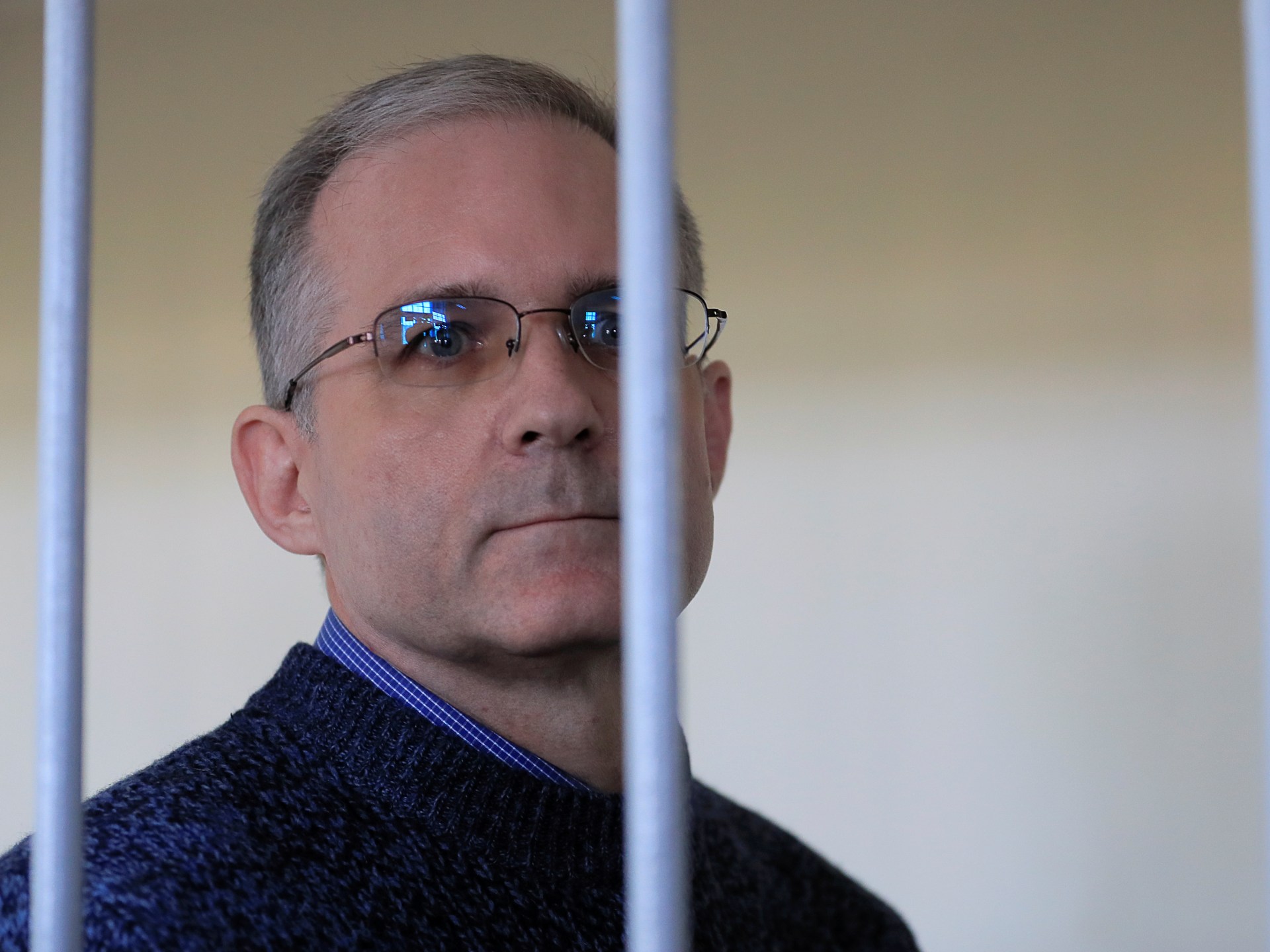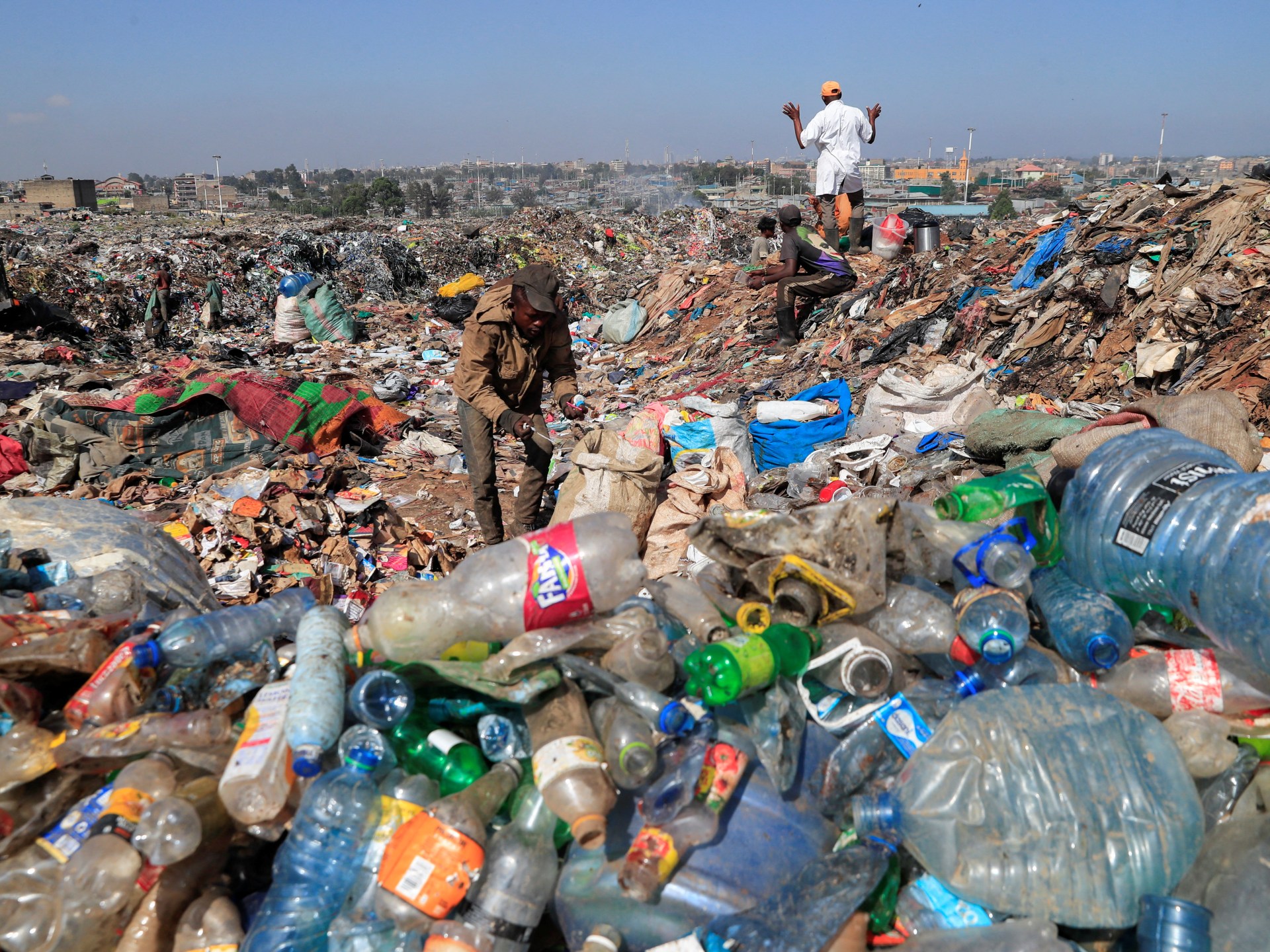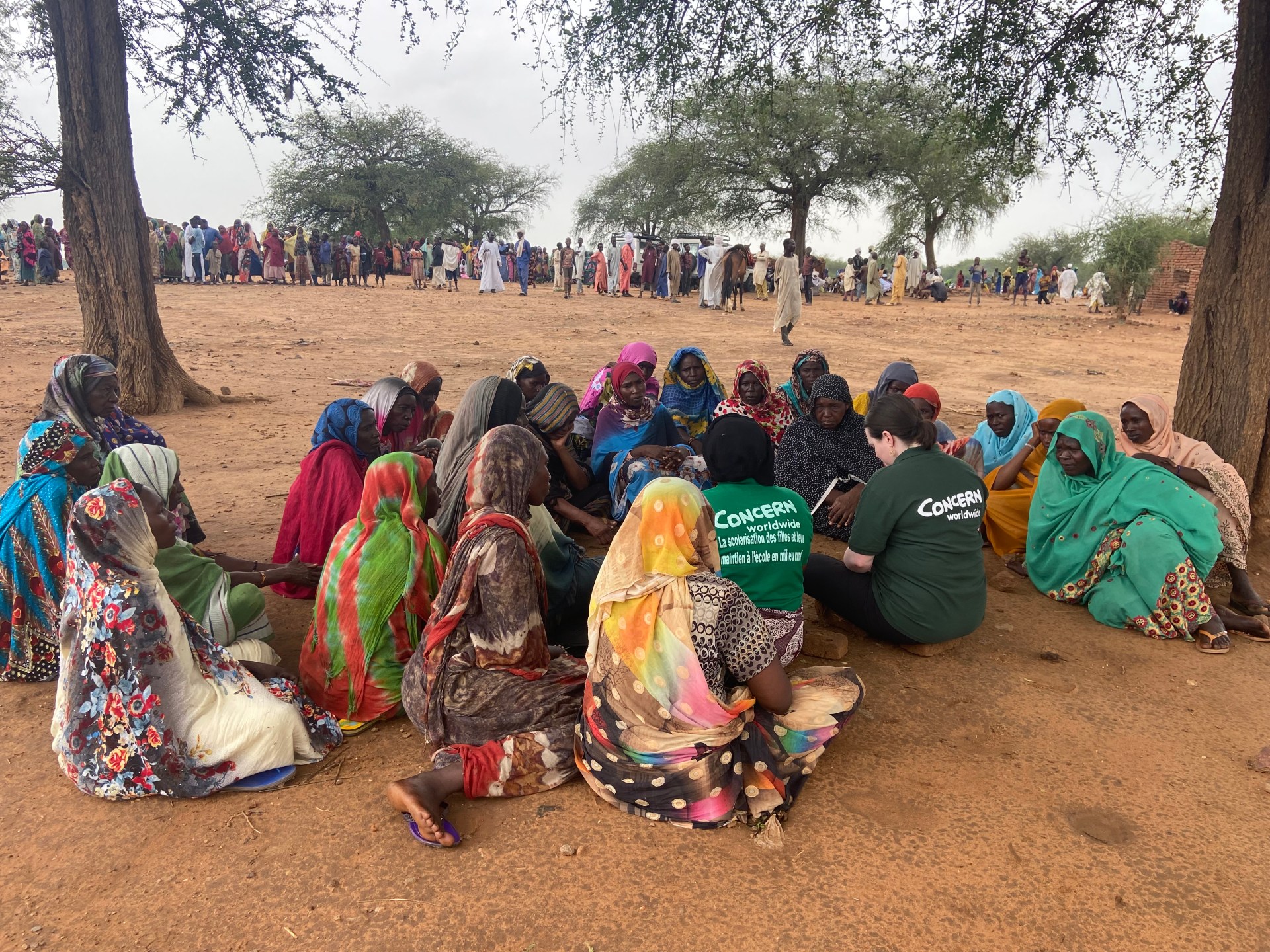US ‘deeply concerned’ about Whelan, citizen detained in Russia
The United States has raised concerns about Paul Whelan, a US citizen who is detained in Russia, after his family publicly said they had not heard from him in days and were unsure where he was being held.
White House national security spokesman John Kirby said on Wednesday that US President Joe Biden’s administration was “deeply concerned” about the US Marine veteran, who was sentenced to 16 years in prison in 2020 on espionage charges.
“We have been trying to get more information about Mr Whelan’s condition and his whereabouts. And as we speak this morning, regrettably, we do not have an update specifically about where he is or what condition he’s in,” Kirby told reporters in a telephone briefing.
“That deeply concerns us and we certainly share the anxiety and the concern of the land and family,” he added. “We are deeply concerned about the lack of information and the lack of contact from Paul, and we’re working on it as hard as we can through the diplomatic channels.”
The comment comes amid ongoing negotiations between US and Russian officials to secure the release of detained citizens from their respective countries.
Washington is seeking the release of Whelan and Brittney Griner, a Women’s National Basketball Association (WNBA) star serving a nine-year sentence for drug possession, while Moscow has said it wants convicted Russian arms deal Viktor Bout released from US prison.
David Whelan, the brother of Paul, said this week that the family did not know where Paul was.
The staff at the penal colony where Paul is being held in Russia’s Mordovia region said he was moved to the prison hospital on November 17, a day after a visit by US and Irish diplomats.
Paul had spoken to his parents every day from November 17 to 23, and did not mention the move, David Whelan said in an email to the Reuters news agency on Wednesday.
The family has not heard from him since, including on the November 24 Thanksgiving Day holiday in the US, which is highly unusual, David Whelan said. When transferred to the prison’s hospital in the past, Paul had always mentioned the move in his phone calls.
“Paul was not complaining of any health conditions that required hospitalization, so has there been an emergency?” David Whelan said in an emailed statement on Tuesday, adding that Paul had appeared healthy and well to the diplomats.
“Is he unable to make calls? Or is he really still at [the penal colony] but he’s been put in solitary and the prison is hiding that fact?”
Meanwhile, during a press briefing on Monday, Kirby said the Biden administration continued to have conversations with Russian officials about Griner and Whelan’s release.
“I can assure you that those conversations are ongoing, and we want them both home as fast as possible, and this administration is going to stay committed to that task,” he told reporters.
Asked about the physical health of Griner, who was moved to a Russian penal colony this month, Kirby said he could not comment for privacy reasons, but added that the US was “taking that very seriously … knowing where she is and what penal colonies are designed to do”.
Russian penal colonies are known for their harsh conditions. Prisoners are placed in barracks, not individual cells, and forced to perform daily work.
Griner was arrested in February, days before Russia launched a full-scale invasion of Ukraine, and her case has moved through the Russian court system amid frayed relations between Moscow and Washington over the war.
Russian authorities said they found vape cartridges containing cannabis oil in her luggage. Griner, a two-time Olympic gold medallist, has said that packing the cartridges was an “honest mistake”.
Biden met with the Griner and Whelan families at the White House in September, in an effort to show that his administration was working to secure their return to the US.
The US Department of State has called the pair’s ongoing detention unjustified, and in July, Secretary of State Antony Blinken said Washington made a “substantial proposal” to Moscow to free them.
Asked by reporters earlier this week whether a prisoner swap is possible before the end of the year, Russia’s deputy foreign minister, Sergei Ryabkov, responded: “There always is a chance.”
“Regrettably, there have been a few occasions when it seemed that a decision in favour of it was about to be made, but it never happened,” Ryabkov said on Tuesday, without elaborating.
Ryabkov noted that a prisoner swap “would undoubtedly send a positive signal that not everything is so utterly hopeless in Russian-US relations”, adding that “such a signal would be appropriate, if we could work it out”.




